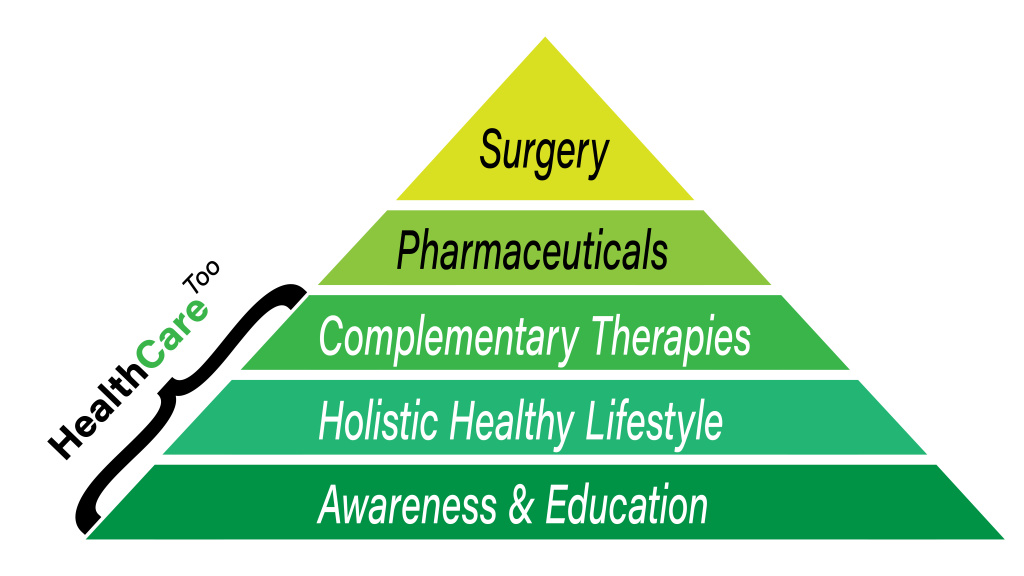Consciousness Meets DNA
It’s like an off-beat Science Fiction show… Consciousness Meets DNA. One might expect a rogue scientist to buddy up with an ancient kung fu master but this is real research and may fundamentally change how we view health and even evolution.
Often described as our “blueprints”, genetics were cast as immutable forces that dictated what went on with our bodies. That “blueprint” model has changed with epigenetics where gene expression can be triggered by our lifestyles and environments.
Now, the study of epigenetics is illuminating more of the intricacies of how our genes affect, and are affected by, our life. “Epi” comes from Greek, meaning “upon,” “over,” or “near,” so epigenetics is the study of mechanisms “on top of” or “near” the classical mechanisms that affect gene expression. In particular epigenetics looks at how genes are activated or suppressed not by changes to the underlying DNA sequence but by dynamic processes connected to our everyday choices and experiences.
Why is this so important? Aside from advancing the ability to diagnose and treat diseases that originate in our genome, epigenetic research shows we have a greater potential to affect who we are, how we are, and even what we are. The phrase “it’s genetic,” no longer means something is determined by forces beyond our control. In fact, epigenetics suggests that what happens in our bodies and what we pass on to our children could be very much a result of how we use our brains and bodies.
First, let’s take a moment to summarize the “classical” mechanism of genetic change — it’s the mutation, deletion, or insertion of DNA into the genome. Mutations occur randomly over time. Deletion and insertion can also accrue over time and may be accelerated by environmental factors, but they typically occur slowly.
Epigenetic mechanisms, however, alter the way genes are expressed without changing the underlying DNA structure. Some of these mechanisms include DNA methylation and histone modification, two processes that can be triggered by immediate environmental as well as experiential stimuli — reinforcing that we are at least in part, products of our own environment. They can be passed on to future generations, and these mechanisms can even reverse back to a former state over time. This means evolution has the potential to proceed much more quickly and in different directions than we once imagined.
Source: Epigenetics: Where Consciousness Meets DNA » Brain World
You may also enjoy Light Is The New All Natural Ingredient For Health And Wellness




